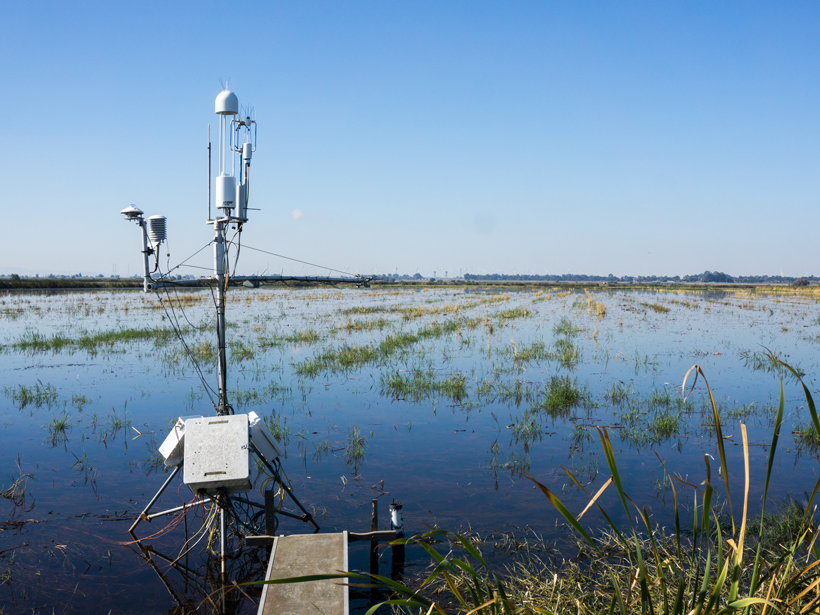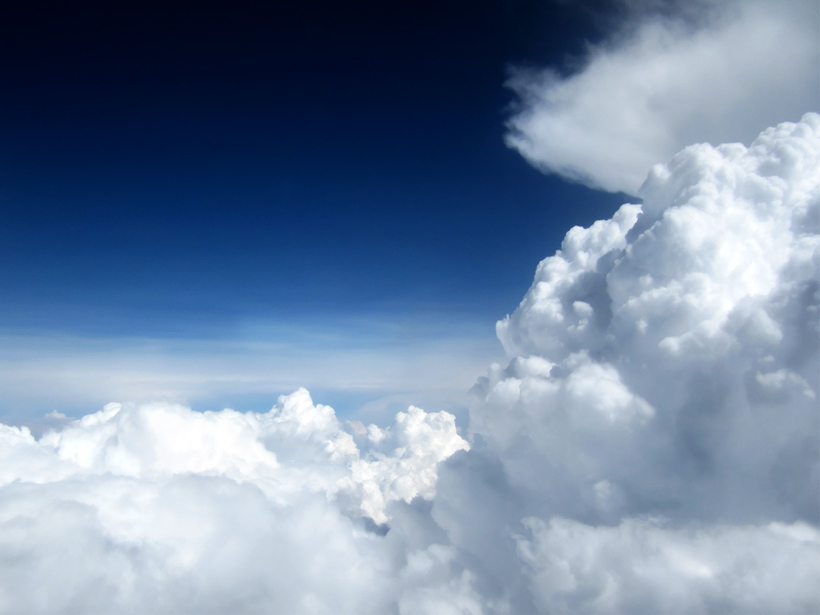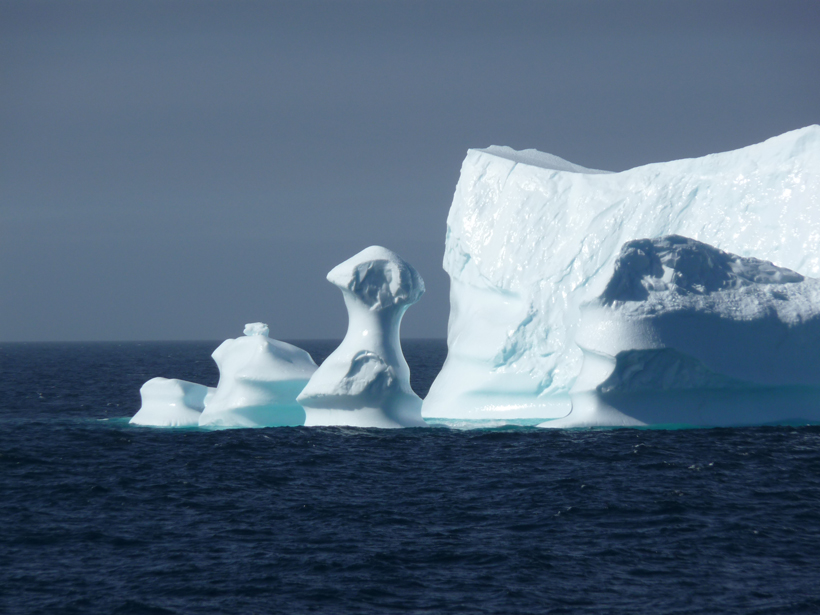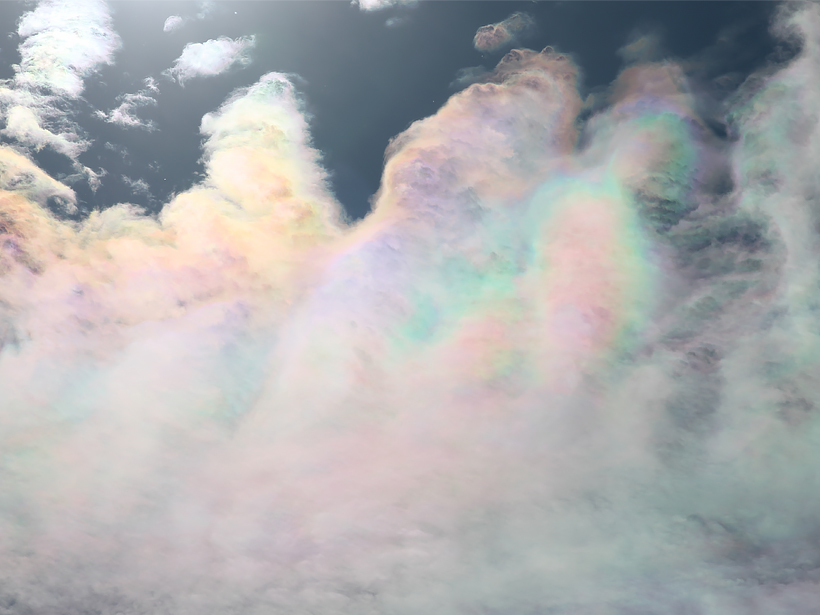U.S. National Science Foundation Workshop: Quenching a Thirsty West; Lake Tahoe, Nevada/California, 29–30 August 2016
water cycle
A New Data Set to Keep a Sharper Eye on Land-Air Exchanges
FLUXNET2015, the latest update of the longest global record of ecosystem carbon, water, and energy fluxes, features improved data quality, new data products, and more open data sharing policies.
The Arctic Freshwater Synthesis
The result of international study and coordination, this Special Issue provides an important "state-of-the-science" review of changing systems and their potential impacts.
How Regional Wind Patterns Will Influence Climate Change
Climate change is expected to cause wet regions to get wetter and dry regions to get drier, but new research suggests that the truth is more complicated.
Salinity Monitoring Gives Insight into the Global Water Cycle
Salinity and Water Cycle over the Oceans: Recent Progress and Future Challenges; Hamburg, Germany, 12–15 October 2015
Forecasting India's Water Future
The NORINDIA project sheds light on how climate change could affect monsoons, droughts, and glaciers in northern India.
Estimating Evaporation
A new framework provides scientists with a more precise understanding of potential evaporation from drying land surfaces.
The Forgotten Water Vapor at High Altitudes
Scientists find that estimations of high-altitude atmospheric water, critical for the greenhouse effect, are not as accurate as previously thought.
Building New Ways to Think About Arctic Freshwater
A new literature review summarizes the complex role of freshwater in the Arctic and its impact on climate and biogeochemical systems as a whole.
Could Thinning of High Clouds Combat Climate Change?
A climate engineering technique that lets more heat escape from the atmosphere could avoid water cycle suppression associated with other radiation management approaches.








